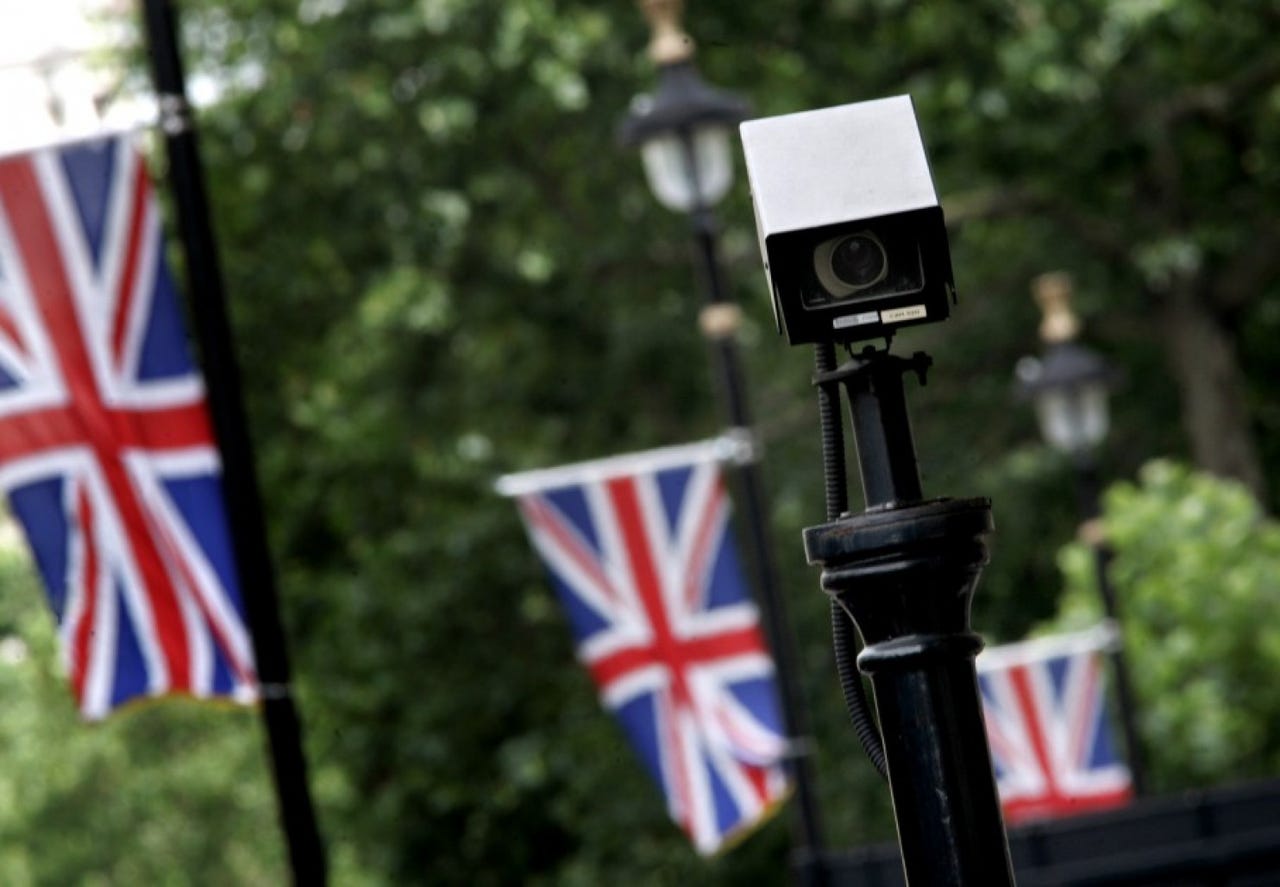UK surveillance bill will force tech companies to disclose new products before they launch


A closed-circuit surveillance camera keeps watch near the Houses of Parliament. (Image: AP Images/file photo)
Internet, phone, and tech companies will have to inform the UK government of new products, services, and features ahead of their launch to ensure that they can be subject to surveillance.
The new policy is buried within a draft code of practice document as part of the UK government's efforts to reform its surveillance laws, and will impose obligations on tech companies operating in the country.
The policy will compel companies to inform the government of any major changes to products that may hinder or prevent police and intelligence agencies from intercepting communications or accessing stored retained data.
"[Companies] subject to a technical capability notice must notify the Government of new products and services in advance of their launch, in order to allow consideration of whether it is necessary and proportionate to require the [company] to provide a technical capability on the new service," the policy document reads.
It's seen as an effort to ensure that no product or service can include unbreakable or end-to-end encryption, which can make state surveillance difficult.
The policy is a supplemental document to the Investigatory Powers Bill, a draft bill that aims to reform and clarify fragmented parts of existing legislation. Much of the UK government's surveillance powers date back to 2000, and have been interpreted and since expanded by legal amendments and internal policies.
The bill hasn't gone unnoticed, drawing criticism and heavy scrutiny, both at home and around the world.
A group of UN rapporteurs and experts told lawmakers that there would be a "chilling effect" on freedoms of speech and expression, should the UK's draft surveillance bill become law.
US tech companies are also far from happy with the bill, arguing that it would among other things undermine strong encryption.
Any company with operations in the UK -- including Apple, Facebook, Google, Microsoft, and Twitter, which have submitted written evidence calling on the British lawmakers to revise the bill -- would have to comply with the rules.
"The tech companies will have little say and the Government say explicitly they have the power to bring legal action against them if they do not comply," said Millie Graham Wood, a legal officer at Privacy International.
In a blog post, she said that companies who face demands under the bill by the government would have no recourse or judicial oversight.
"It is not solely the lack of judicial oversight and accountability that could push companies away from the UK," said Graham Wood in an email. "Many companies have submitted evidence to the Investigatory Powers Bill committees on the impact of having to retain communications data for up to 12 months."
The UK government is set to finalize its surveillance reform proposals in the coming months.